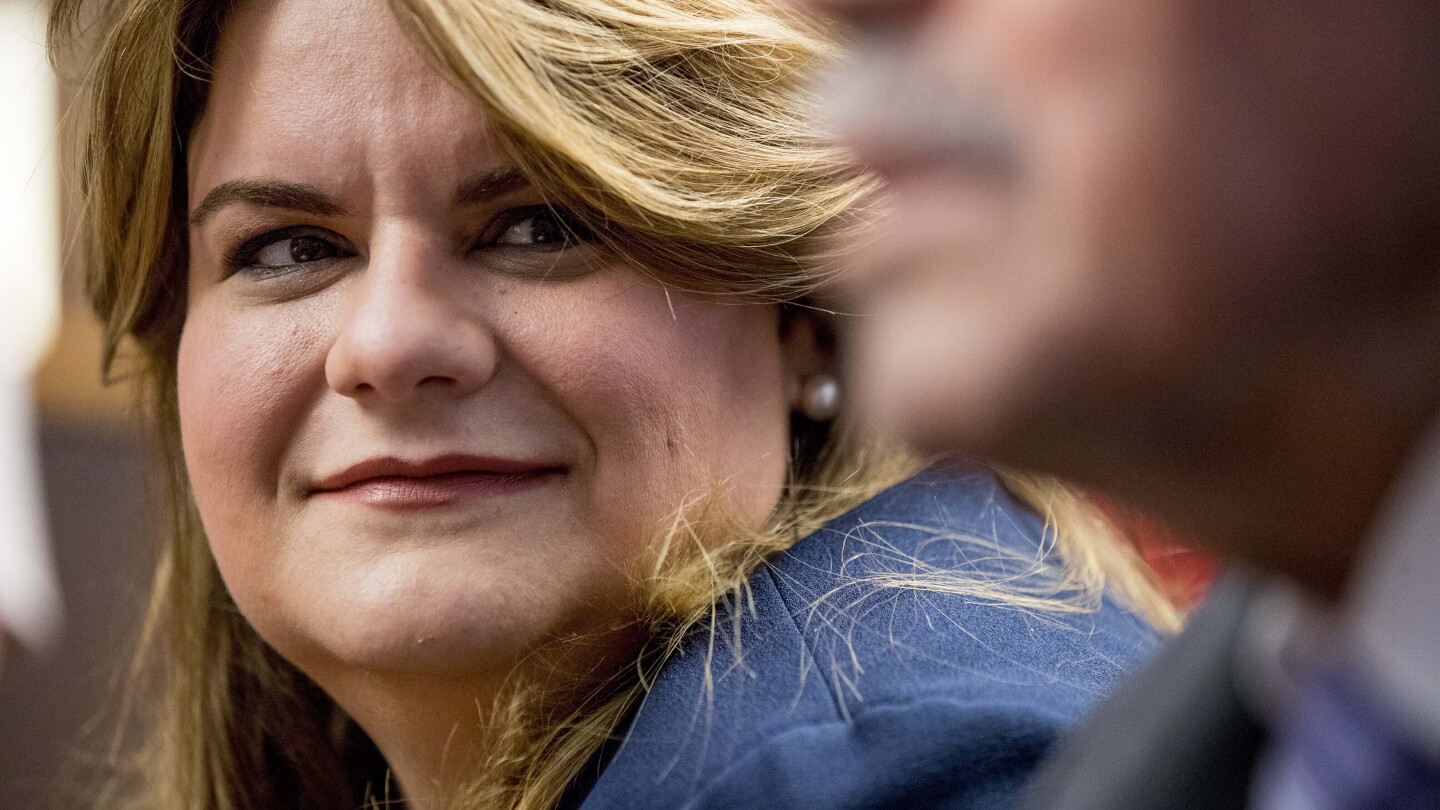So they were choosing between the governor who privatized the power grid and supports statehood vs a “small government, pro-business, pro-statehood conservative”.
Really seems like they’re just gonna continue to get fucked.
Just to be clear, this was a primary election within the pro state hood party (PNP), who tend a little toward the republican side, ironically given the national Republican’s party obstruction of consideration of Puerto Rico state hood. So even the democrats within that party will tend toward the conservative side. The other major party PPD is in general in favor of continuing the status quo as a US territory, or some advocating for independence with a free association with the US. This party tends to lean a little more toward the democrats.
Both of the two major parties have Democrats and Republicans in them though, and are more defined based on views of Puerto Rico’s status in regards to the rest of the US. There are also some significant larger additional parties.
https://en.m.wikipedia.org/wiki/Political_party_strength_in_Puerto_Rico
Anyways, that was why both candidates are pro state hood, it’s the primary for the pro state hood party. And as someone else pointed out, Democrat vs Republican is too simple of a way to view the political situation.
Just a note, the labels Republican and Democrat don’t work in Puerto Rico.
This is the best summary I could come up with:
Earlier on Sunday, Puerto Rico Rep. Jesús Manuel Ortiz defeated Sen. Juan Zaragoza in the primary held by their Popular Democratic Party, which backs the island’s territorial status and seeks a return to power in the upcoming general elections.
Attorney Pablo José Hernández ran unopposed to be the Popular Democratic Party’s candidate for resident commissioner, the first person in 20 years to seek that nomination.
Ortiz, González and other candidates face disgruntled voters on an island still struggling with chronic power outages and awaiting completion of reconstruction projects following Hurricane Maria, which hit as a Category 4 storm in September 2017.
Other voter complaints include the difficulty of obtaining business permits, a fractured education system, and the island’s lack of access to capital markets after the local government emerged two years ago from the largest debt restructuring in U.S. history.
She has pledged to crack down on corruption, award more funds to agencies to help victims of violence amid a surge in killings of women, and stem an exodus of doctors and other medical workers to the U.S. mainland.
Puerto Rico’s next governor will have to work alongside a federal control board that oversees the island’s finances and was created after the government declared bankruptcy.
The original article contains 1,068 words, the summary contains 205 words. Saved 81%. I’m a bot and I’m open source!



